Athletes who went into politics
Athletes are no strangers to the world stage, but some choose to trade in their sports gear for political power. This intriguing career pivot sees them swapping podiums for podiums, albeit of a different kind. From the adrenaline of a sports match to the demands of public office, these athletes bring a unique perspective to politics. Their journeys are as diverse as their sports, showcasing a fascinating blend of physical prowess and political ambition.
The Unexpected Transition: Why Athletes Choose Politics
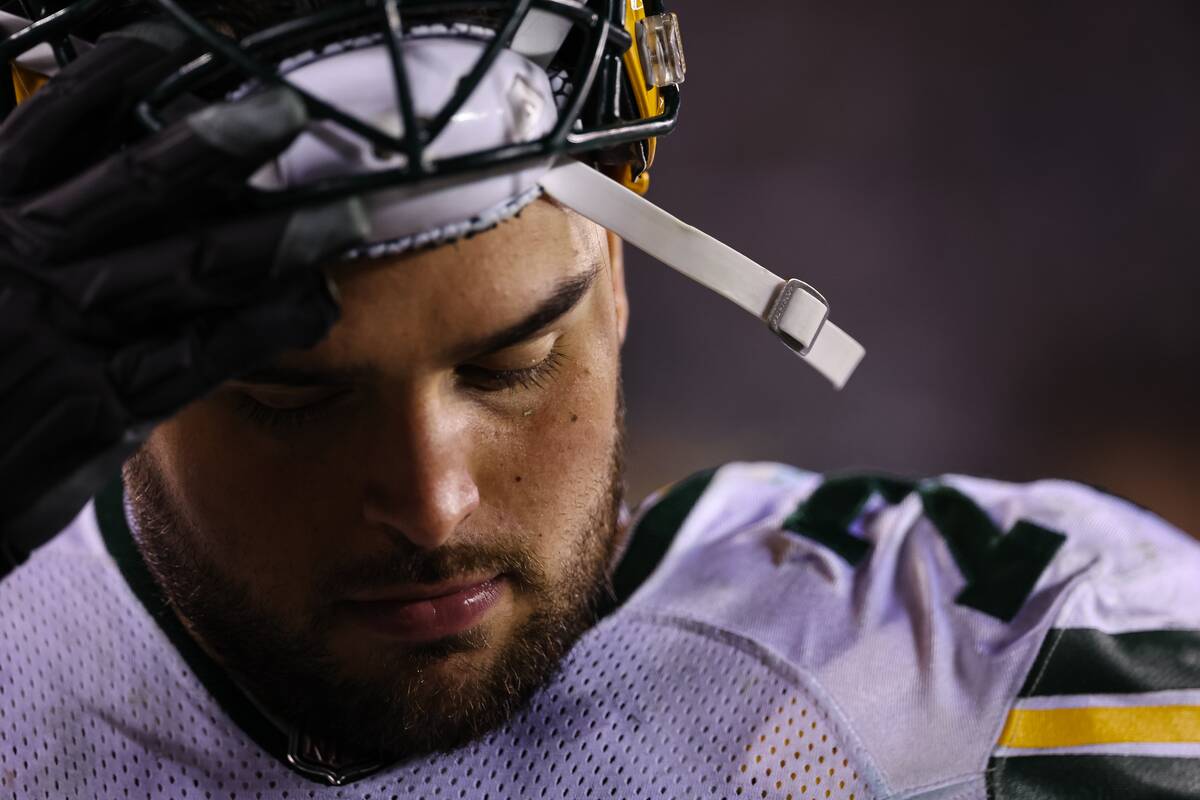
The transition from sports to politics might seem unusual, but it’s more common than one might think. Athletes often possess a strong public presence and leadership skills, making them appealing political candidates. They are driven by a desire to enact change and contribute to society, drawing on their sports fame to gain public trust. This unexpected transition is fueled by a combination of personal conviction and the allure of making a difference beyond the field.
Jesse Ventura: From Wrestling Ring to Governor’s Office
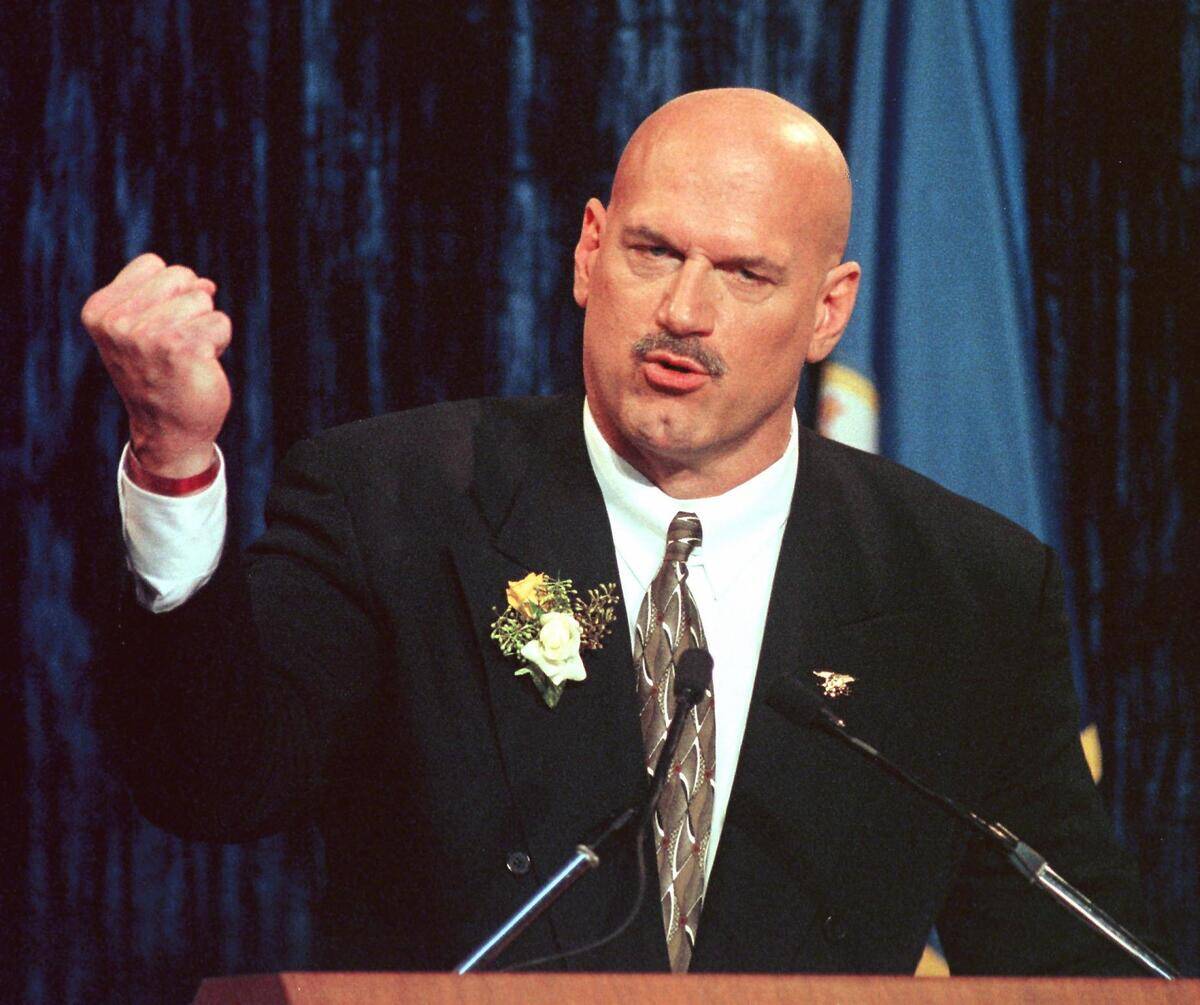
Jesse Ventura, known for his flamboyant persona in the wrestling ring, took Minnesota politics by storm when he became governor in 1999. His campaign was unconventional, relying heavily on grassroots efforts and media savvy. Ventura’s victory as a third-party candidate was a landmark moment, showcasing the power of celebrity influence in politics. His tenure was marked by a pragmatic approach to governance, emphasizing fiscal responsibility and political reform.
Arnold Schwarzenegger: The Bodybuilder Who Governed California
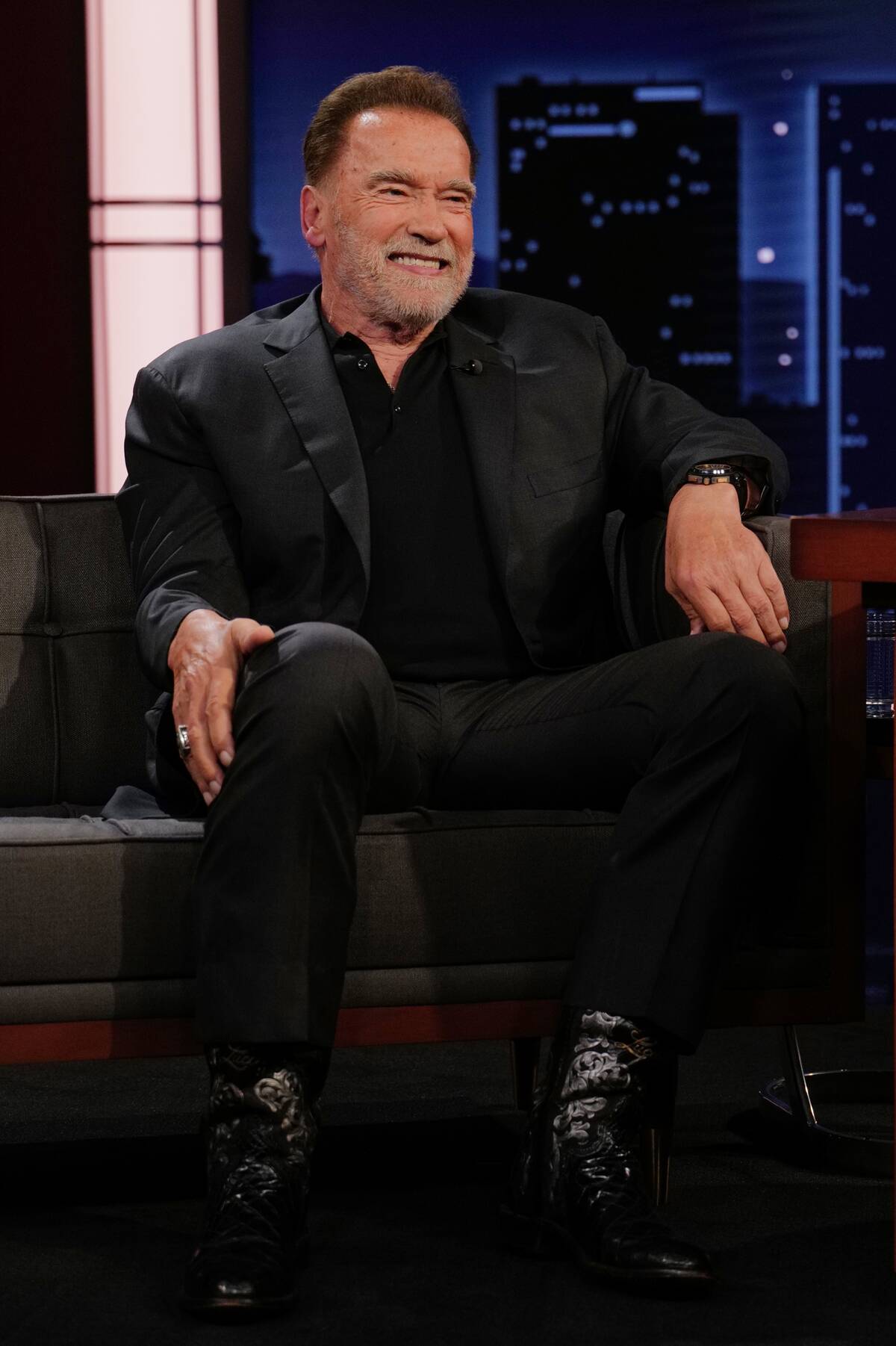
Arnold Schwarzenegger, the ‘Terminator’ star and bodybuilding icon, took on a new role as the governor of California in 2003. His time in office was characterized by efforts to address environmental issues and reform the state’s finances. Schwarzenegger’s celebrity status helped him connect with voters, but he also faced challenges in navigating the political landscape. His tenure highlighted the complexities of transitioning from Hollywood to the state capital.
Manny Pacquiao: Boxing Legend to Filipino Senator
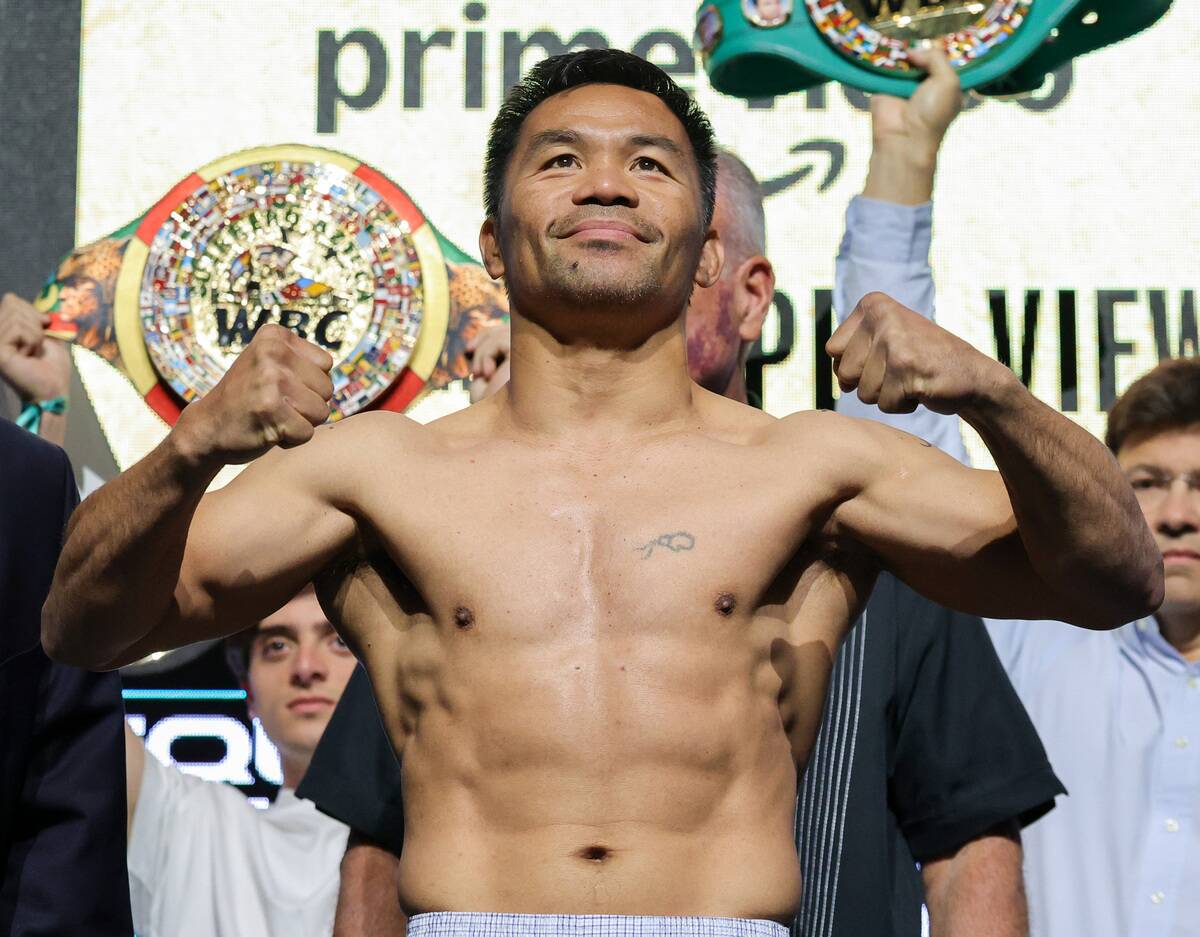
Manny Pacquiao, celebrated for his boxing prowess, made a successful leap into the political ring as a senator in the Philippines. Known for his dedication to public service, Pacquiao has focused on poverty alleviation and social welfare initiatives. His sports career has granted him significant influence, allowing him to champion causes close to his heart. Pacquiao’s dual career illustrates the potent mix of athletic fame and genuine political commitment.
Imran Khan: Cricket Star to Prime Minister of Pakistan
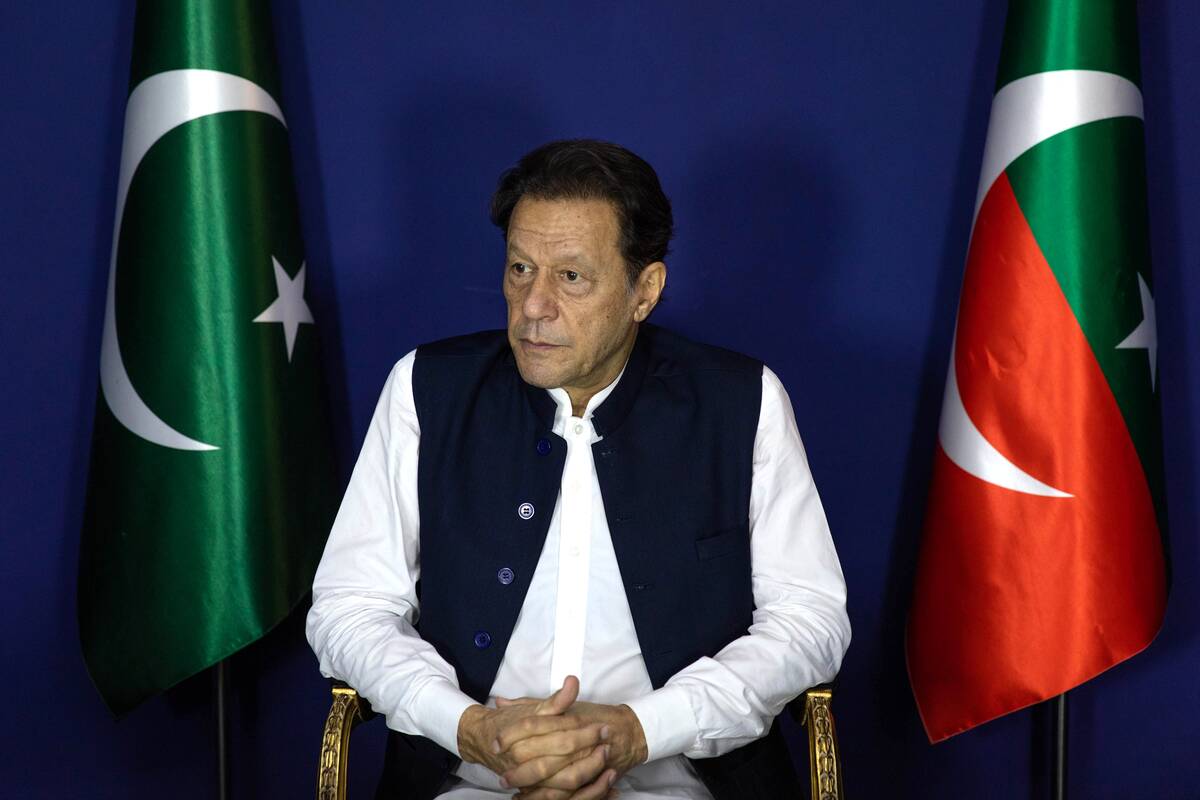
Imran Khan, once a legendary cricket captain, became Pakistan’s Prime Minister in 2018 after years of political perseverance. His leadership on the cricket field translated into a political movement focused on anti-corruption and economic reform. Khan’s charismatic presence and vision for a ‘New Pakistan’ resonated with many, propelling his party to victory. His journey from sports hero to national leader underscores the transformative potential of athletes in politics.
Bill Bradley: NBA All-Star to U.S. Senator
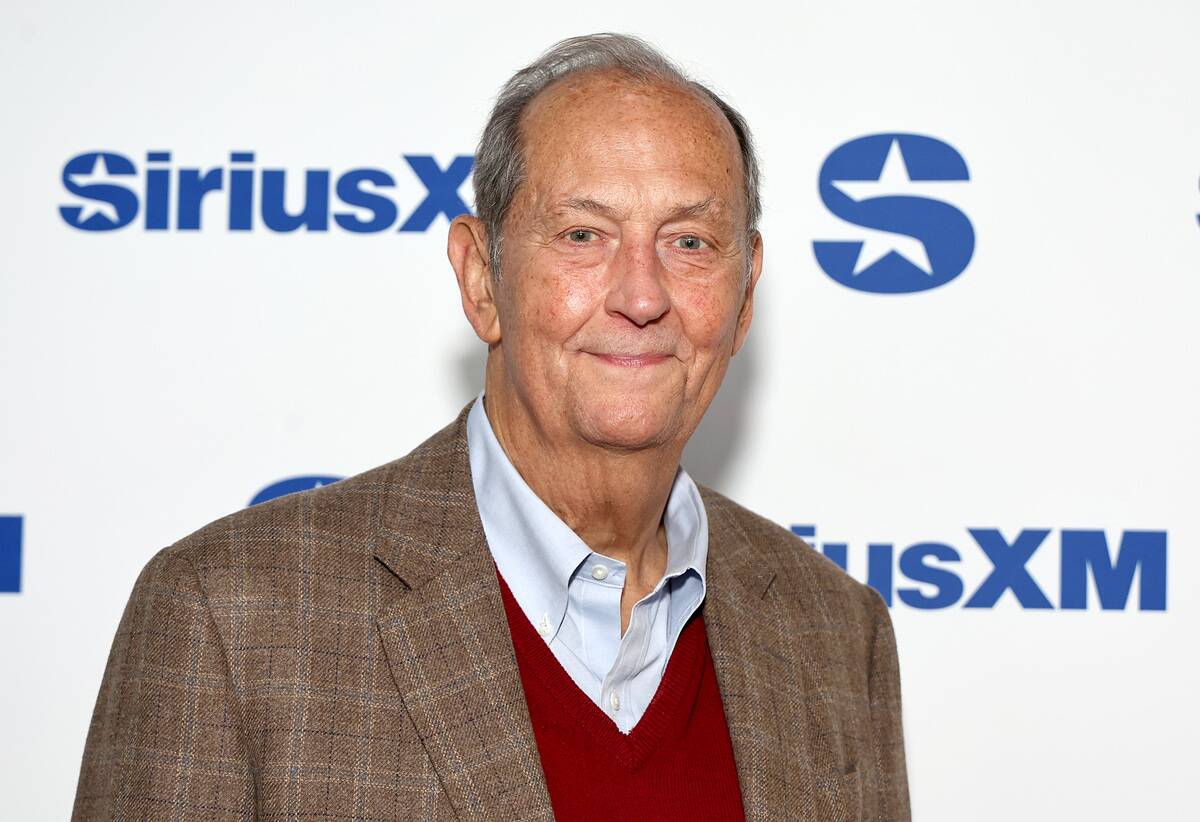
Bill Bradley, who dazzled on the basketball court with the New York Knicks, transitioned to a successful political career as a U.S. Senator from New Jersey. His tenure in the Senate was marked by a focus on tax reform and environmental issues. Bradley’s analytical skills and teamwork from his NBA days served him well in navigating the complexities of legislative politics. His dual career is a testament to the versatility of skills honed in sports.
Jack Kemp: Quarterback to U.S. Vice Presidential Candidate
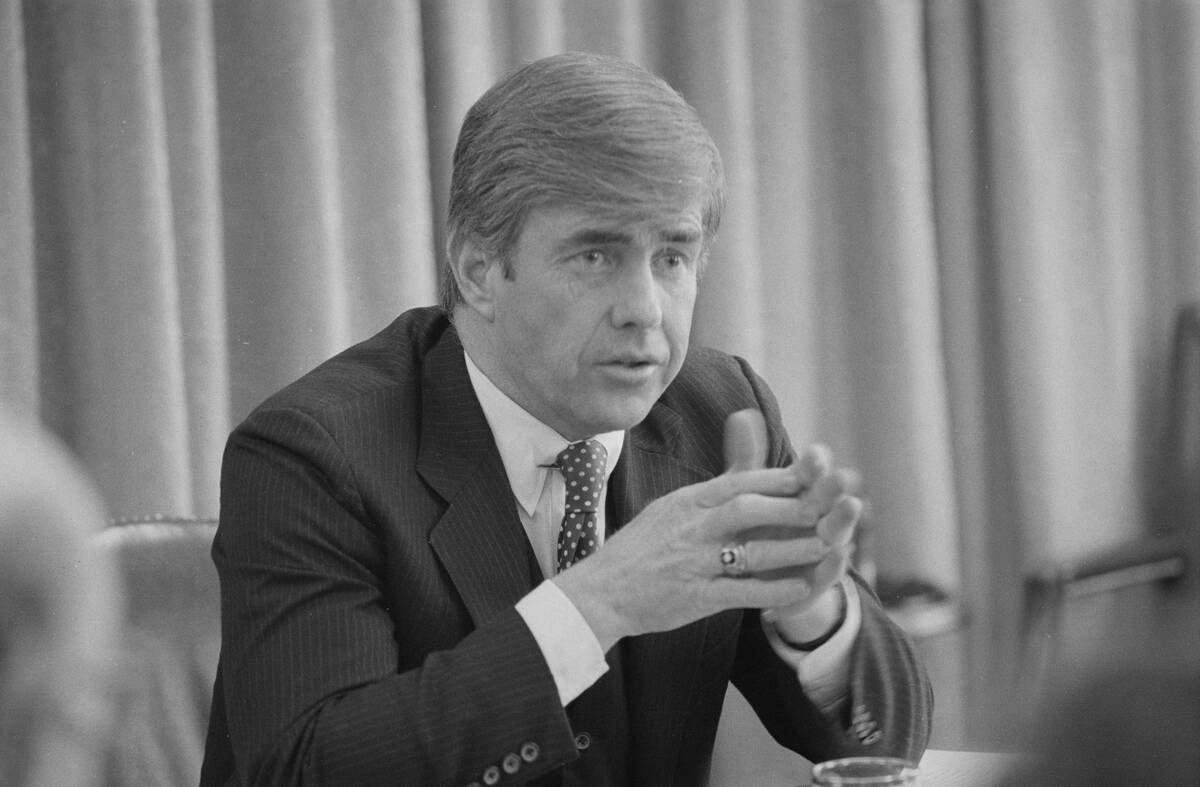
Jack Kemp, who once led NFL teams as a quarterback, took his leadership skills to Congress and later ran as a vice-presidential candidate. Known for his economic policies, Kemp was a staunch advocate for tax cuts and enterprise zones. His athletic background contributed to his reputation as a dynamic and energetic politician. Kemp’s career exemplifies how sports leadership can transition into impactful political roles, influencing national policy.
George Weah: Soccer Icon to President of Liberia
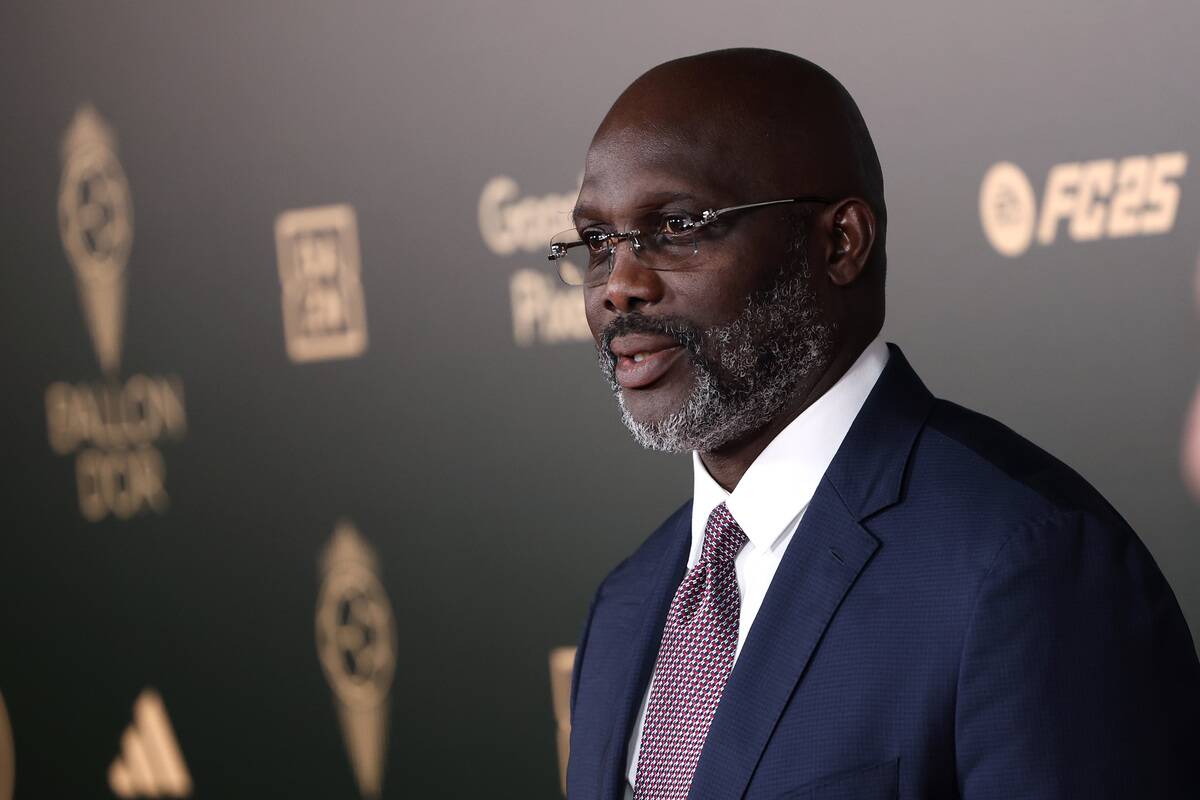
George Weah, once a soccer star celebrated across the globe, became Liberia’s president in 2018. His journey from sports fame to political leadership was driven by a commitment to rebuild his war-torn country. Weah’s presidency focuses on education and economic development, aiming to uplift Liberians from poverty. His remarkable shift from the soccer field to the presidential office underscores the global influence of sports figures in politics.
Heath Shuler: NFL Quarterback to U.S. Congress
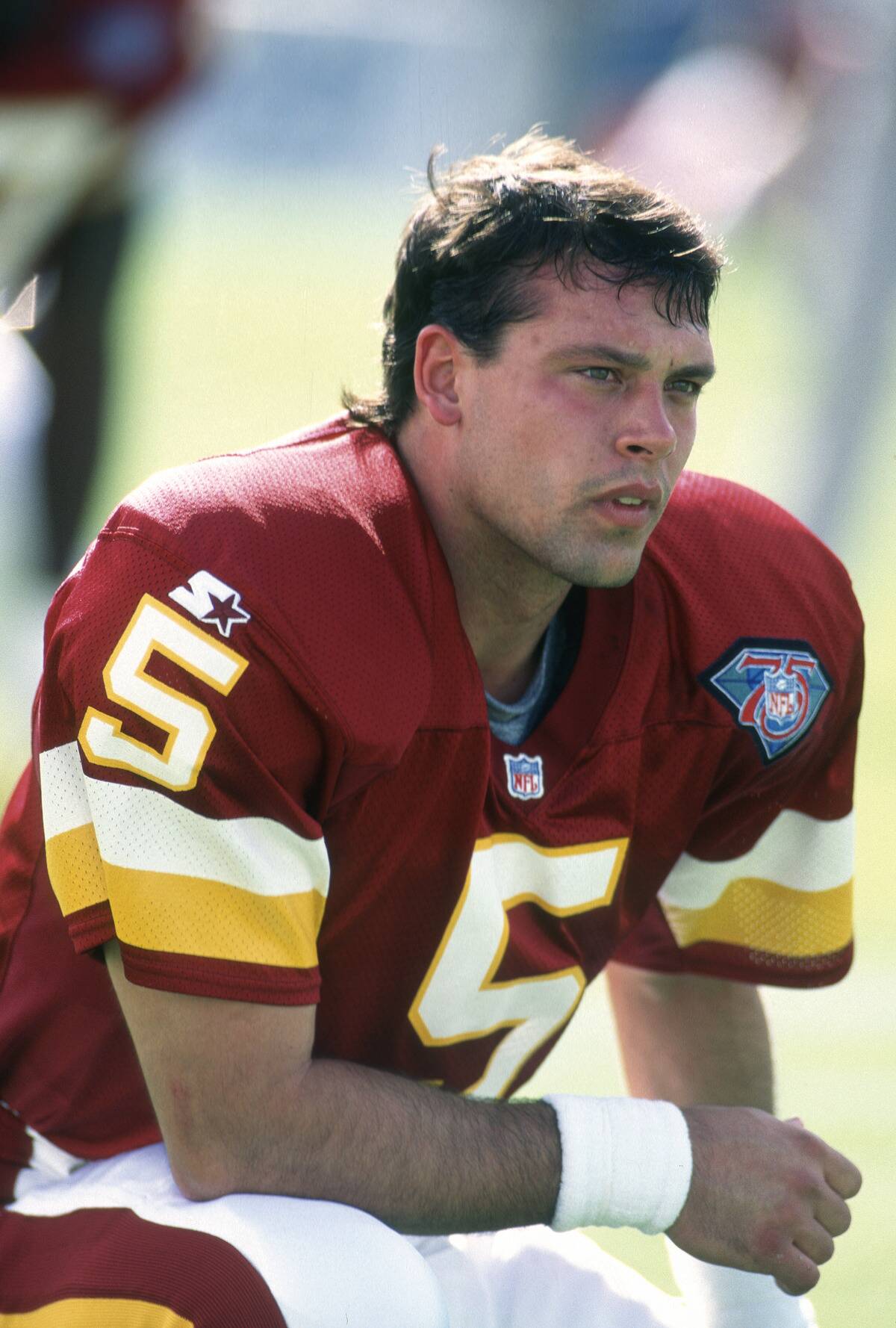
Heath Shuler, known for his time as an NFL quarterback, made a successful transition to politics as a U.S. Congressman. Representing North Carolina, Shuler focused on fiscal responsibility and bipartisanship during his tenure. His athletic background brought a competitive edge to his political career, enabling him to tackle legislative challenges. Shuler’s journey highlights the adaptability of athletes in navigating the political arena.
Jim Bunning: Baseball Hall of Famer to U.S. Senator
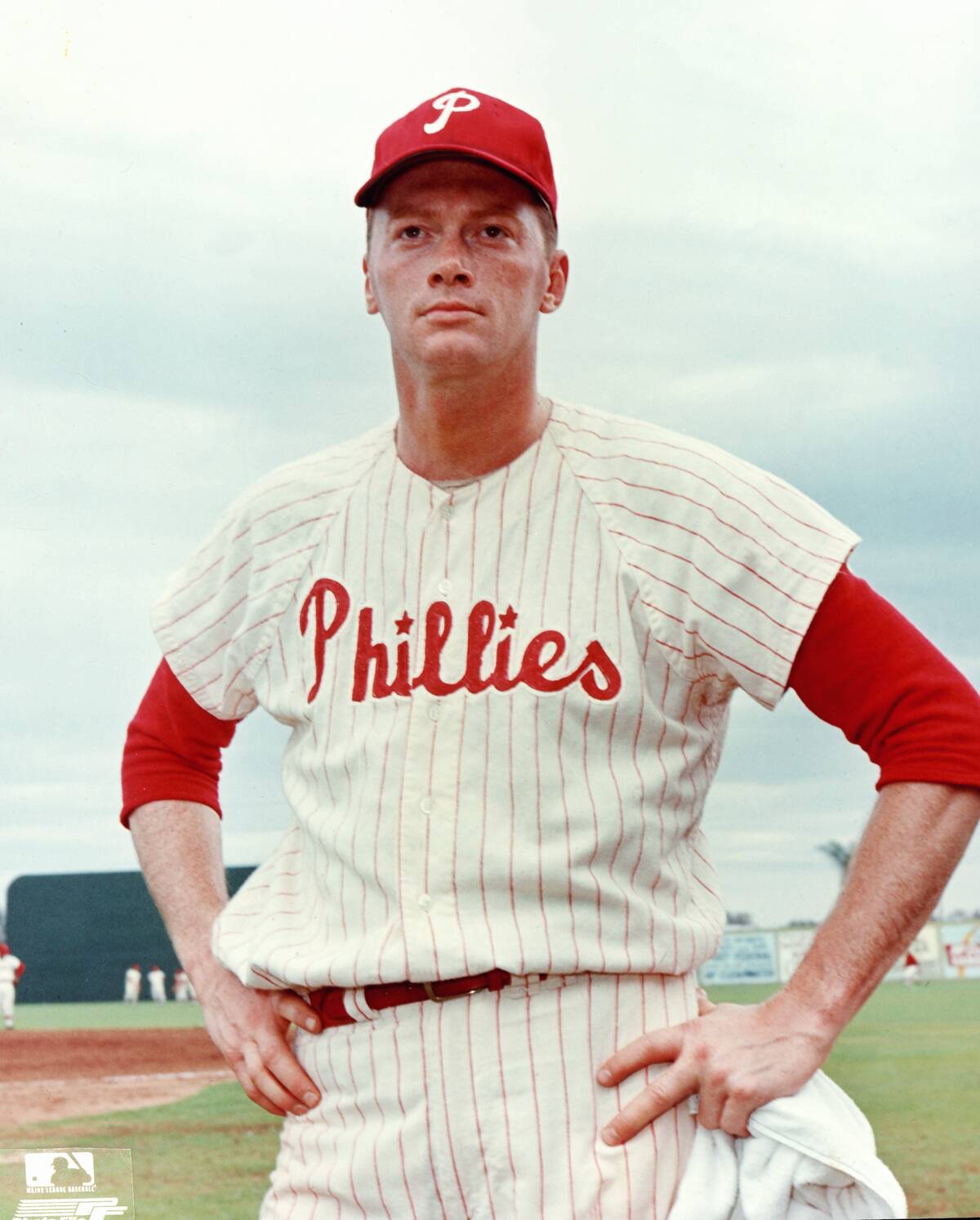
Jim Bunning, a Hall of Fame pitcher, took his competitive spirit to the Senate, representing Kentucky for over a decade. Known for his straightforward approach, Bunning emphasized fiscal conservatism and social issues during his political career. His transition from baseball to politics showcases how discipline and focus in sports can translate into effective governance. Bunning’s legacy is a testament to the enduring impact of athletes in public service.
Kevin Johnson: NBA Point Guard to Mayor of Sacramento
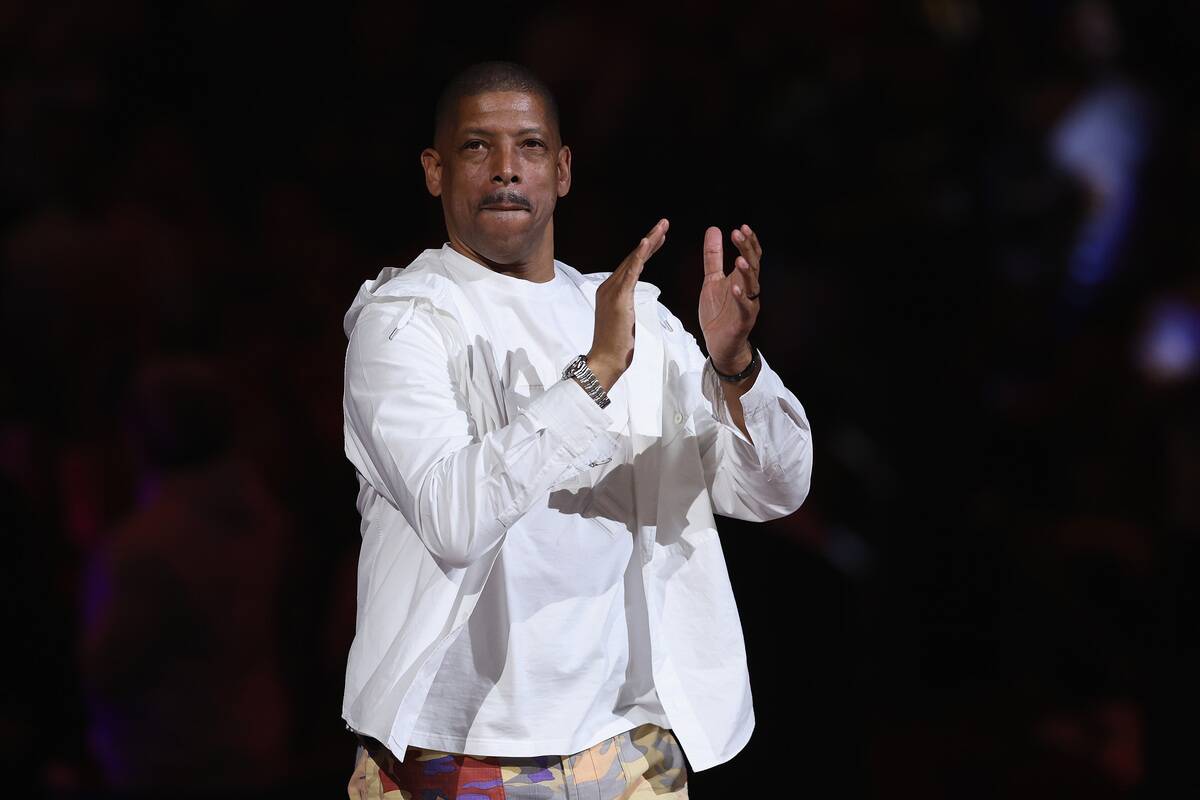
Kevin Johnson, once an NBA point guard, became the mayor of Sacramento, bringing his leadership skills to his hometown. His tenure as mayor was marked by efforts to revitalize the city’s economy and improve public education. Johnson’s athletic discipline and strategic thinking helped him navigate the complexities of municipal governance. His story illustrates the potential for athletes to effect change at the local level, leveraging their sports experience for civic benefit.
Jon Runyan: NFL Offensive Tackle to U.S. Congressman
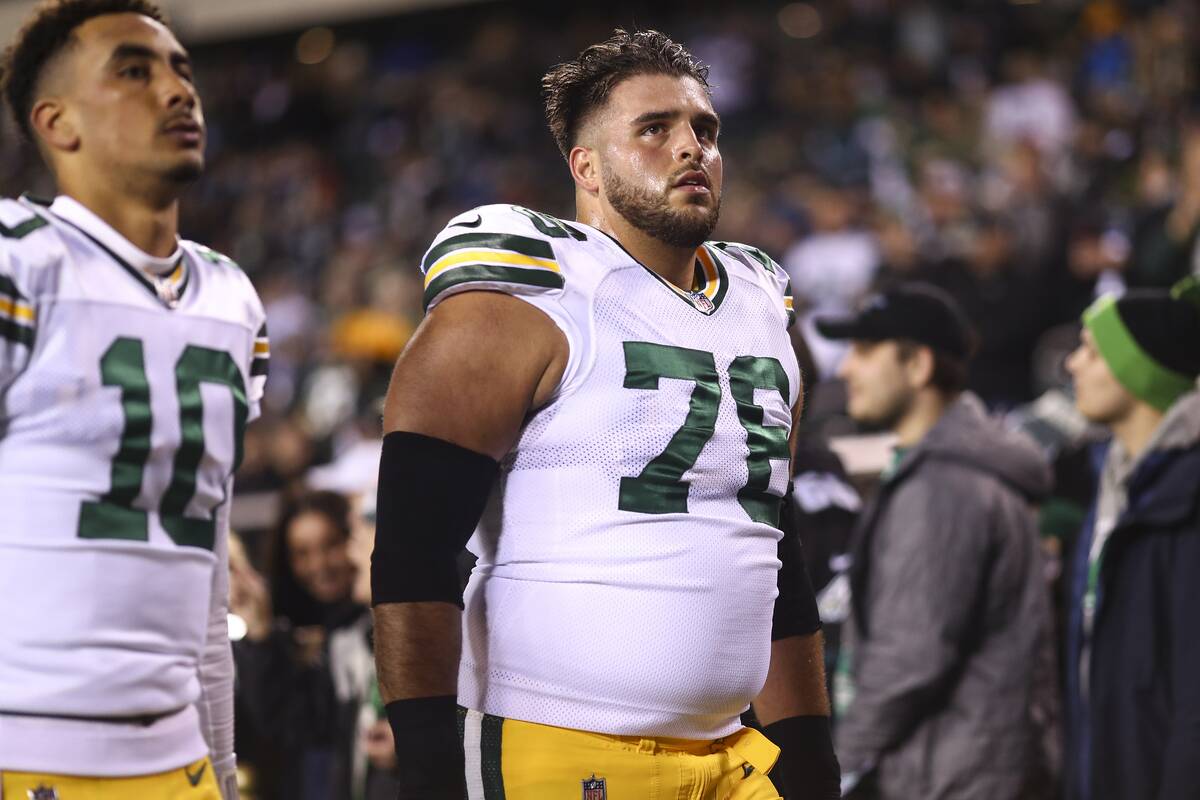
Jon Runyan, a former NFL offensive tackle, took his skills from the gridiron to the halls of Congress, representing New Jersey. Known for his work on veterans’ issues and fiscal policy, Runyan brought a strong work ethic and team mentality to his political role. His transition from sports to politics highlights the transferable skills athletes possess, including perseverance and leadership. Runyan’s career exemplifies the seamless blend of athleticism and public service.
Sergey Bubka: Olympic Pole Vaulter to Ukrainian Parliament Member
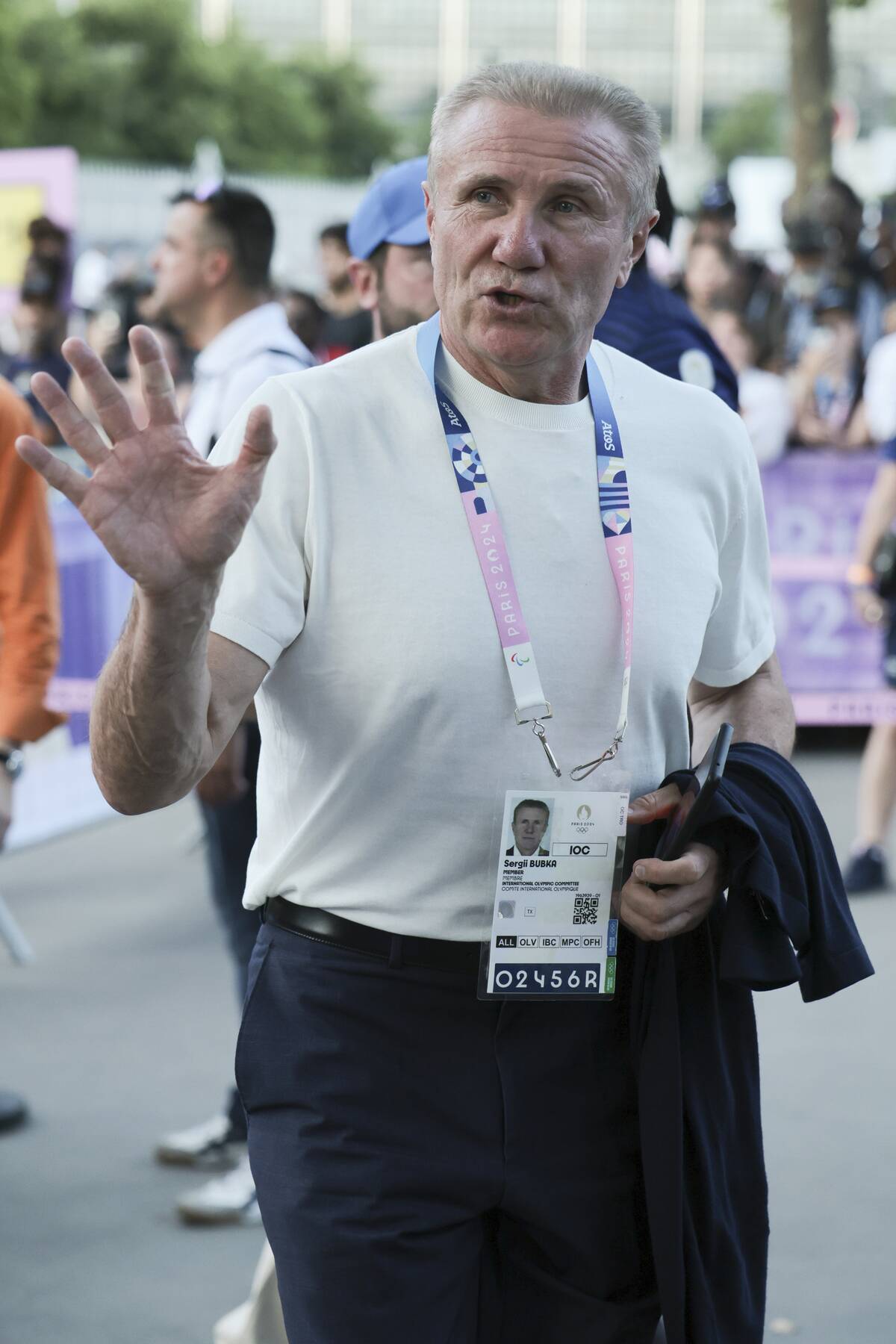
Sergey Bubka, a legendary Olympic pole vaulter, transitioned into politics as a member of the Ukrainian Parliament. His athletic achievements and dedication to sports development have shaped his political endeavors. Bubka’s focus on sports legislation and youth initiatives reflects his commitment to nurturing future generations. His journey from the track to the political stage underscores the influence of athletics on public policy and national development.
Mary Bono: Gymnastics Enthusiast to Congresswoman
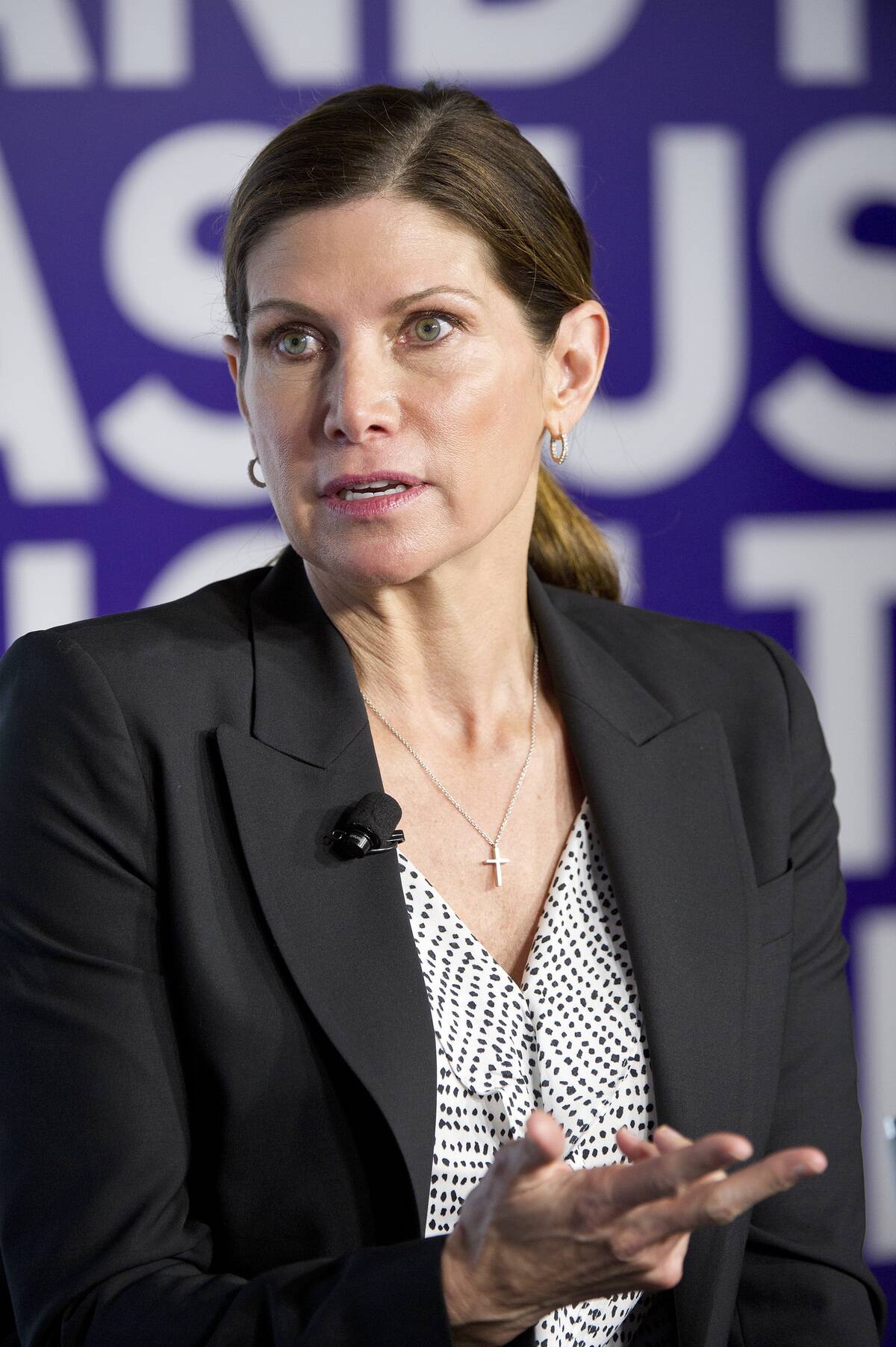
Mary Bono, with a background in gymnastics and as a former gymnast’s spouse, brought her passion for sports and wellness to Congress. Representing California, she focused on health policies and technology issues. Bono’s experience in the sports world informed her legislative priorities, emphasizing the importance of physical fitness and innovation. Her political career demonstrates how athletic enthusiasm can translate into effective advocacy and policy-making.
The Challenges Athletes Face in the Political Arena
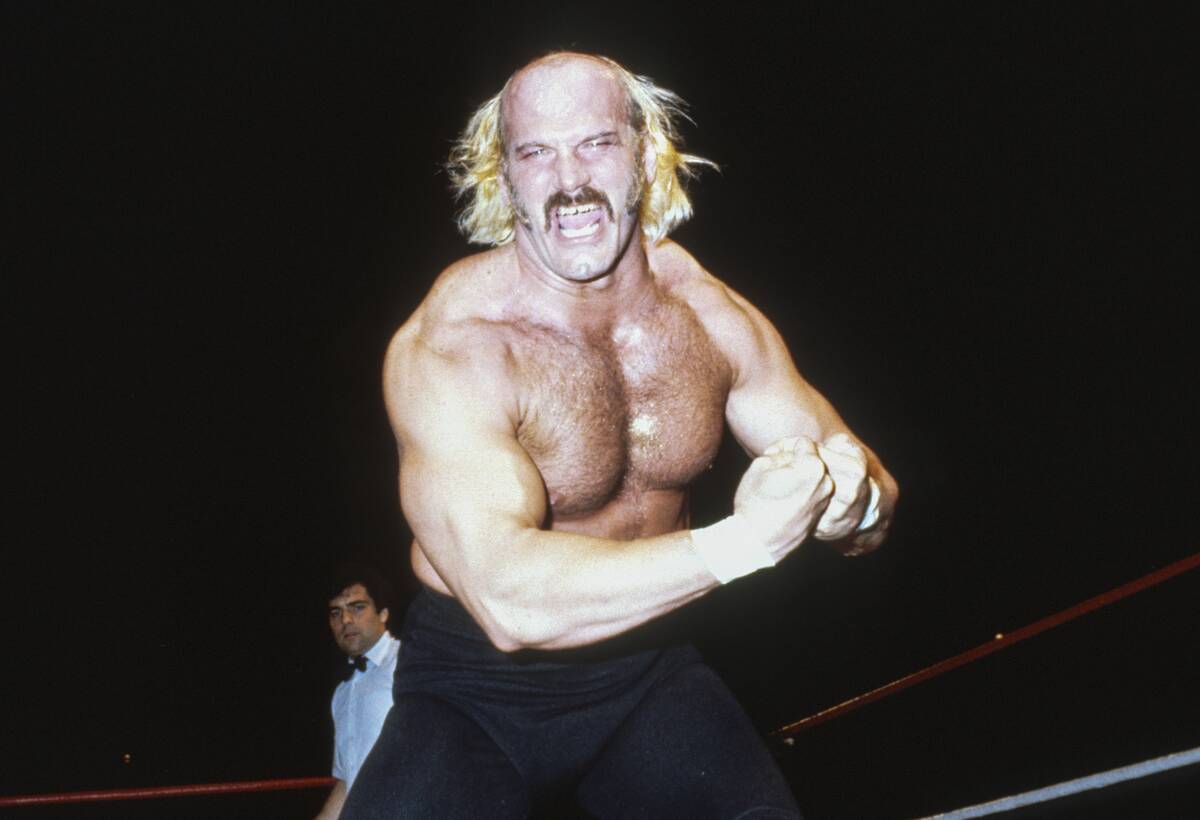
Despite their public recognition, athletes face unique challenges when entering politics. They often contend with skepticism about their qualifications and must prove their political acumen. Transitioning from sports to governance requires adapting to a different type of public scrutiny and decision-making process. Athletes must balance their celebrity status with the responsibilities of public office, navigating a complex political landscape while staying true to their convictions.



